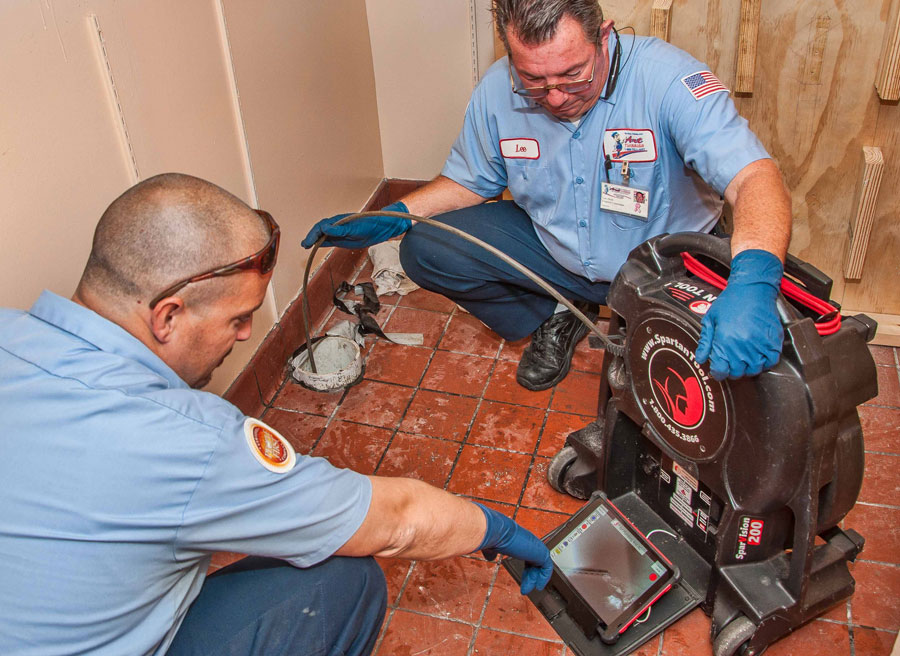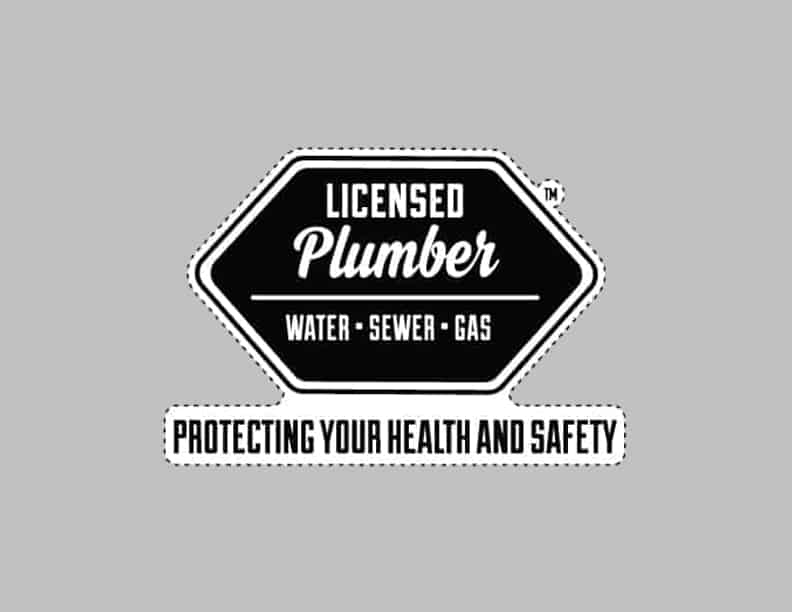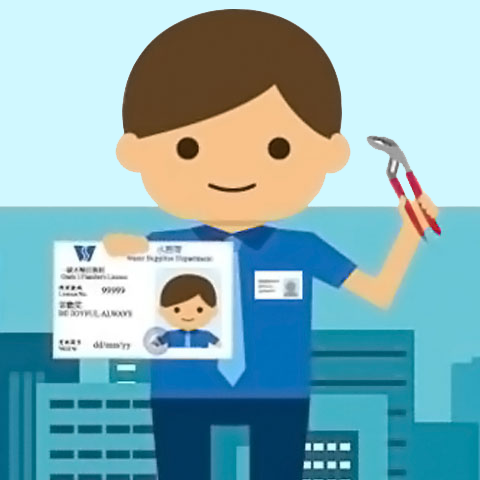

Vocational training is essential because it prepares you for handling the day-to-day tasks and business aspects of your profession.

The most common options include a technical college or a trade school with approved courses. This is how you can learn the technical and theoretical aspects of the job. The next step is to get a specialized education in plumbing. The subjects that will help you the most in your plumbing work are Algebra, Geometry, and Physics.
LICENSED PLUMBER LICENSE
The minimum you’ll need for a plumber license is a high school diploma or GED. To become a licensed plumber, you’ll have to meet some basic education requirements.
LICENSED PLUMBER HOW TO
So how do you get your plumbing license? Read on to find out how to do that, and to become a working plumber.

You can work as a plumber without a license under the guidance of a master plumber, but a plumbing license will open new doors for your professional development and success. Getting started in this field is a smart business endeavor. It's a well-known fact that plumbers are always in demand, and their overall job prospects are expected to be good through 2029 (and most likely beyond!), according to a report by the Bureau of Labor Statistics.


 0 kommentar(er)
0 kommentar(er)
